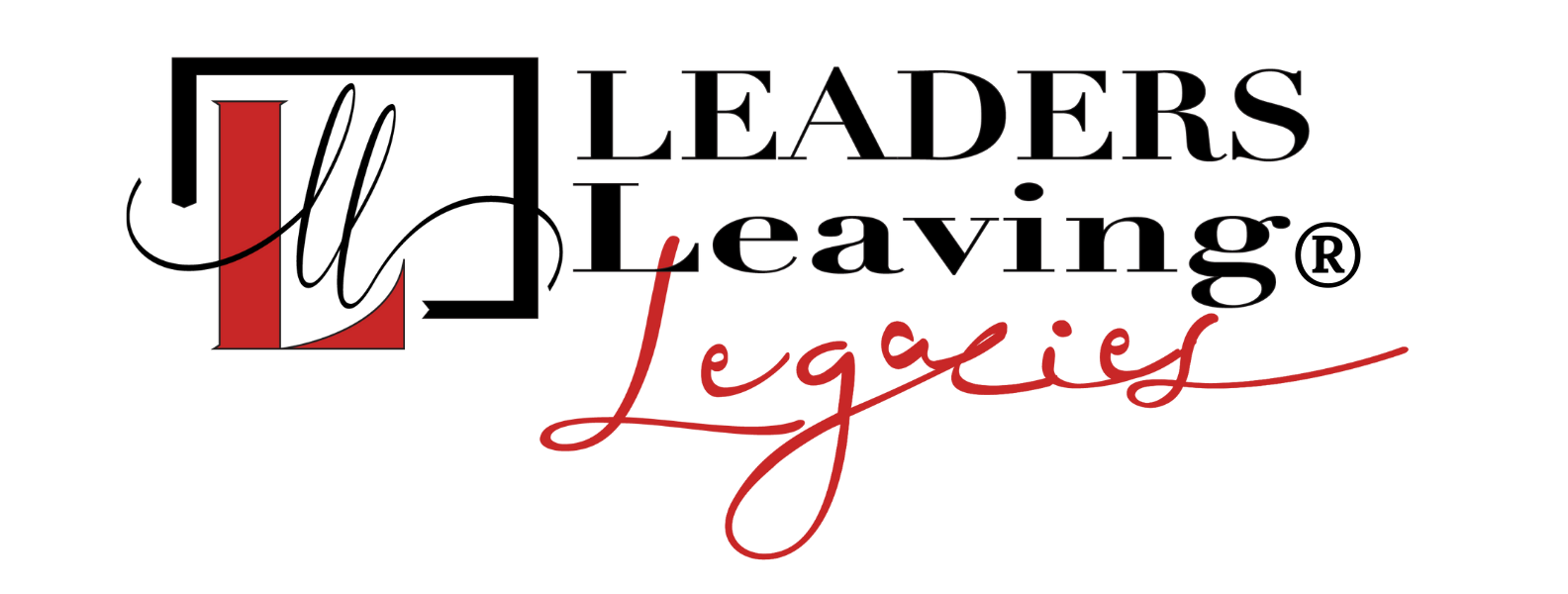Someone recently asked me, “What is your leadership philosophy?” Well, just when I was about to answer the question, I paused. I thought about whether my philosophy had actually changed as a result of any recent or past experiences, failures or lessons learned. I knew some things would never change because of my core values; the things that are most essential to me. However, after having pivoted across several industries such as information technology, government, manufacturing and now academe, I’ve learned that there are a few more soft and hard skills I’ve found to be easily transferable across industries.
Ultimately, know that there are no right or wrong answers to this question. Every successful leader has an individual leadership philosophy which is typically based on their core values, experiences and failures while leading. If you’re early in your career and have not yet established your philosophy, I highly recommend you do so. Your philosophy is similar to your guiding principles and should be practiced across every environment you work or live.
My leadership philosophy is below. This is not an exhaustive list. There will always be areas where we can grow or continuously improve. However, the purpose of having a leadership philosophy is so that we have principles to stand upon in the face of circumstances that might be beyond our control. We cannot let the influence of others or even extreme challenges interfere with the principles we stand upon.
We must hold fast to our core values at all times. This is what makes us unique and genuine. Most importantly, it is what your family, employees, and colleagues can trust.
- Family and faith always come first.
- Get to know your stakeholders.
- Be open to the input and perspectives of others.
- Listen, respond and follow through.
- Communicate, communicate, communicate, and if needed, communicate again. Never get tired.
- Build relationships and partnerships. Be a connector.
- Always speak kindly of others and find something positive in everyone. “Speak of others as if they were present” (Stephen R. Covey).
- Break down silos. Ensure internal and external collaboration.
- Remain innovative and embrace change. Be a change maker, not a change breaker.
- Allow creativity and witty ideas to flourish, especially during strategic and project/initiative planning.
- Be fiscally responsible and plan wisely to avoid costly mistakes. Enough time must be allotted for planning prior to executing.
- “We’ve always done it that way” is not a solution to a problem. First, understand the problem you’re trying to solve before determining a solution.
- Be open to creating new rules when applicable, and possible.
- Live each moment in the present.
What is your leadership philosophy? If you don’t have one, start thinking about the things that are essential to you and the areas you’ve been successful. Also, ponder on the lessons you’ve learned and mistakes you’d rather not repeat. I’m looking forward to hearing your feedback.






